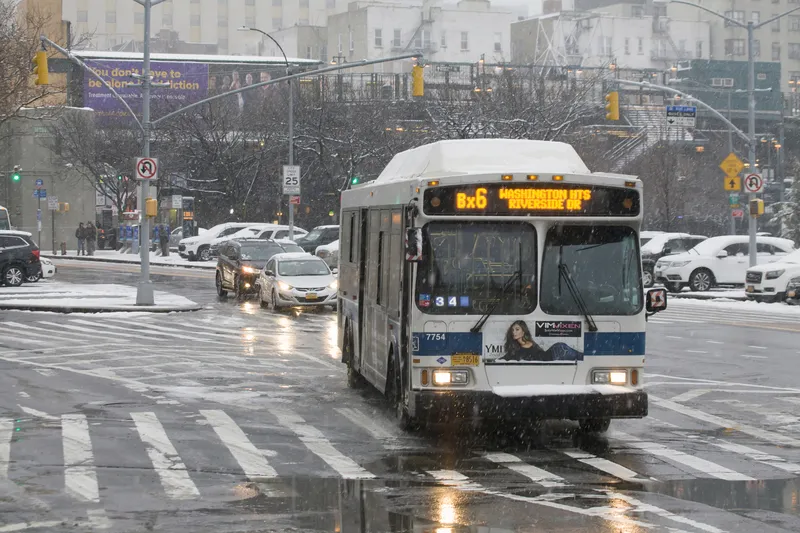Santiago's public transport system is operating at full capacity, Chilean President Michelle Bachelet said.
Her comments come after a power failure resulted in the closure of three key metro lines on Friday, leading to the worst service disruptions in the subway network's history, forcing hundreds of thousands of commuters to find alternative means of transport.
The shutdown caused Metro de Santiago president Aldo González to resign and government and opposition lawmakers have asked transport minister
November 18, 2014
Read time: 2 mins
Santiago's public transport system is operating at full capacity, Chilean President Michelle Bachelet said.
Her comments come after a power failure resulted in the closure of three key metro lines on Friday, leading to the worst service disruptions in the subway network's history, forcing hundreds of thousands of commuters to find alternative means of transport.
The shutdown caused Metro de Santiago president Aldo González to resign and government and opposition lawmakers have asked transport minister Andrés Gómez-Lobo to step down.
It also caused strong increases in traffic for traffic apps company Easy Taxi, which said it saw a 60 per cent increase in use during the peak morning rush hour, and sent out messages to taxi drivers that use the service to work ‘collaboratively’ to allow multiple passengers ride in one cab to alleviate the congestion.
Santiago's public transport problems have been a headache for Bachelet since her first administration (2006-2010). In 2007 she launched the huge transport system5348 Transantiago, designed to improve residents' daily commute by reducing the number of buses circulating, reorganising routes and improving connections with metro lines.
However, taking buses off the streets in several neighbourhoods only angered residents, who claimed that things were worse instead of better.
Seven years later, Transantiago has cost Chileans over US$10 billion in subsidies and bus and metro services in the city have deteriorated.
The government recently announced a US$4.2 billion investment in new public transport systems countrywide, including another metro line in Santiago.
Her comments come after a power failure resulted in the closure of three key metro lines on Friday, leading to the worst service disruptions in the subway network's history, forcing hundreds of thousands of commuters to find alternative means of transport.
The shutdown caused Metro de Santiago president Aldo González to resign and government and opposition lawmakers have asked transport minister Andrés Gómez-Lobo to step down.
It also caused strong increases in traffic for traffic apps company Easy Taxi, which said it saw a 60 per cent increase in use during the peak morning rush hour, and sent out messages to taxi drivers that use the service to work ‘collaboratively’ to allow multiple passengers ride in one cab to alleviate the congestion.
Santiago's public transport problems have been a headache for Bachelet since her first administration (2006-2010). In 2007 she launched the huge transport system
However, taking buses off the streets in several neighbourhoods only angered residents, who claimed that things were worse instead of better.
Seven years later, Transantiago has cost Chileans over US$10 billion in subsidies and bus and metro services in the city have deteriorated.
The government recently announced a US$4.2 billion investment in new public transport systems countrywide, including another metro line in Santiago.








